Alright – so today we’ve got the honor of introducing you to Mary Abbajay. We think you’ll enjoy our conversation, we’ve shared it below.
Hi Mary, thanks for joining us today. What do you think matters most in terms of achieving success?
I think success starts with defining what success looks like to you! Everyone needs to craft their own vision of success. If you have a clear vision of what you are trying to create, then you are better able to equip yourself with the right tools to get you there.
Here are three more things that can help anyone succeed:
1) Show up and work hard! Passion, grit, perseverance, and hard work are fundamental elements for starting and running a successful business. Nobody can, will, or should care about your success more than you do, so you better be ready to show up!
2) Surround yourself with the right people. Nobody succeeds in a silo. Find and cultivate people who believe in you and support your vision. Seek out people that will give you honest feedback. And, always hire people smarter than you and then let them do their thing.
3) Be Authentic. People connect with people. Being real can differentiate yourself. Since I am in the “people” business, being authentic has been critical for my success. Don’t try to be everything to everyone. Don’t try to be perfect. Be yourself and the right people will respond.

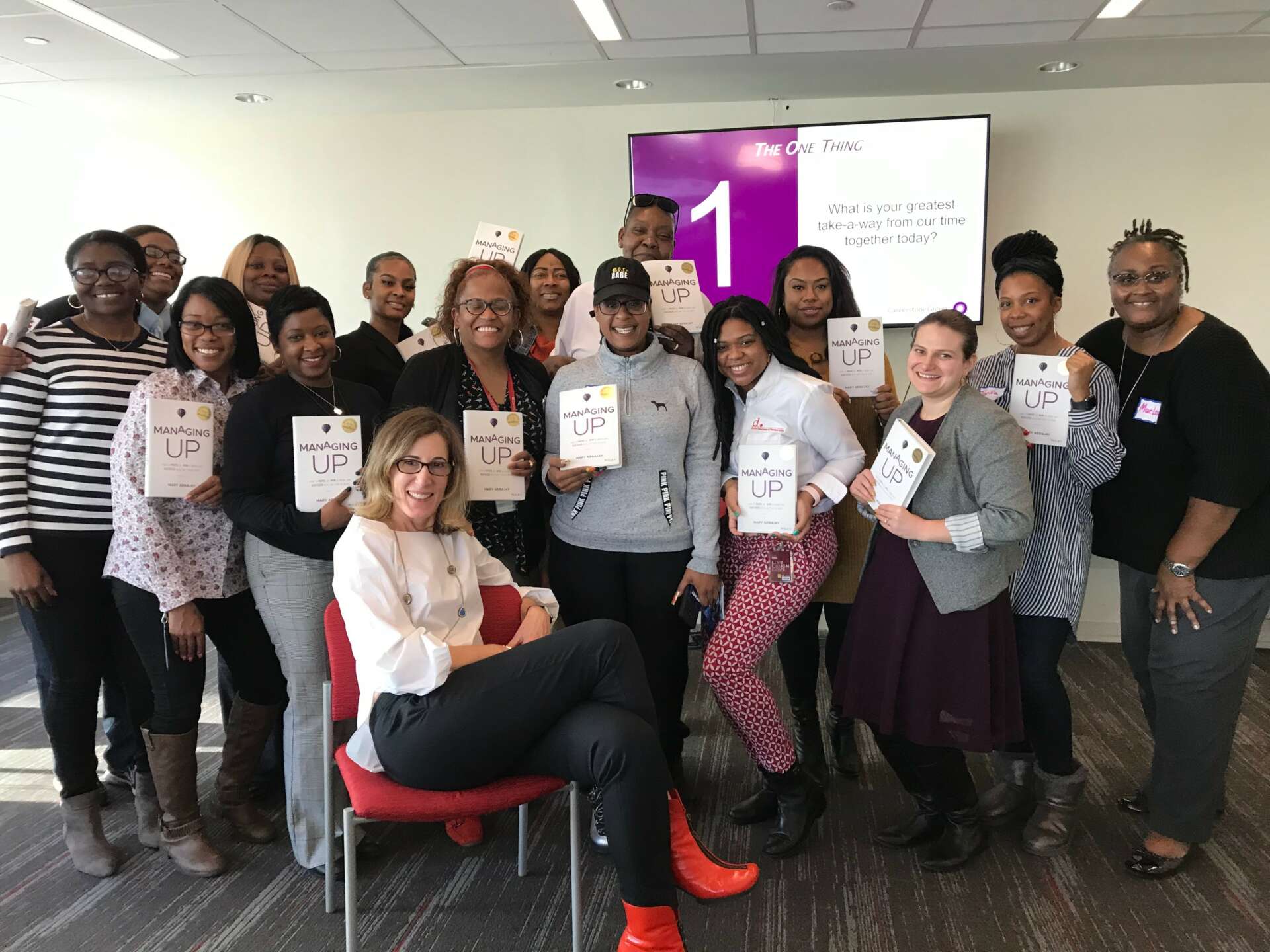
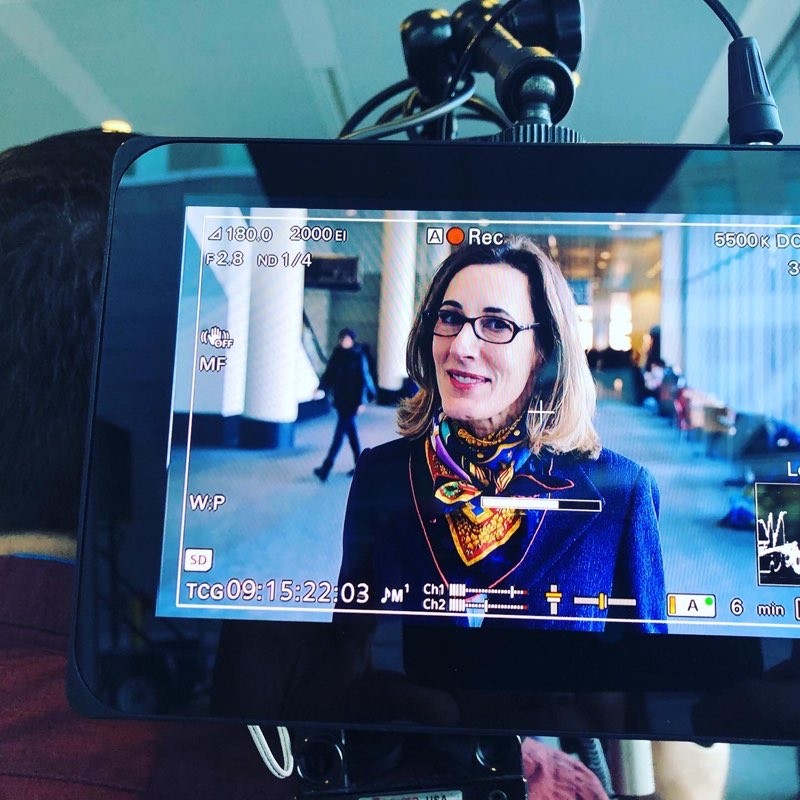
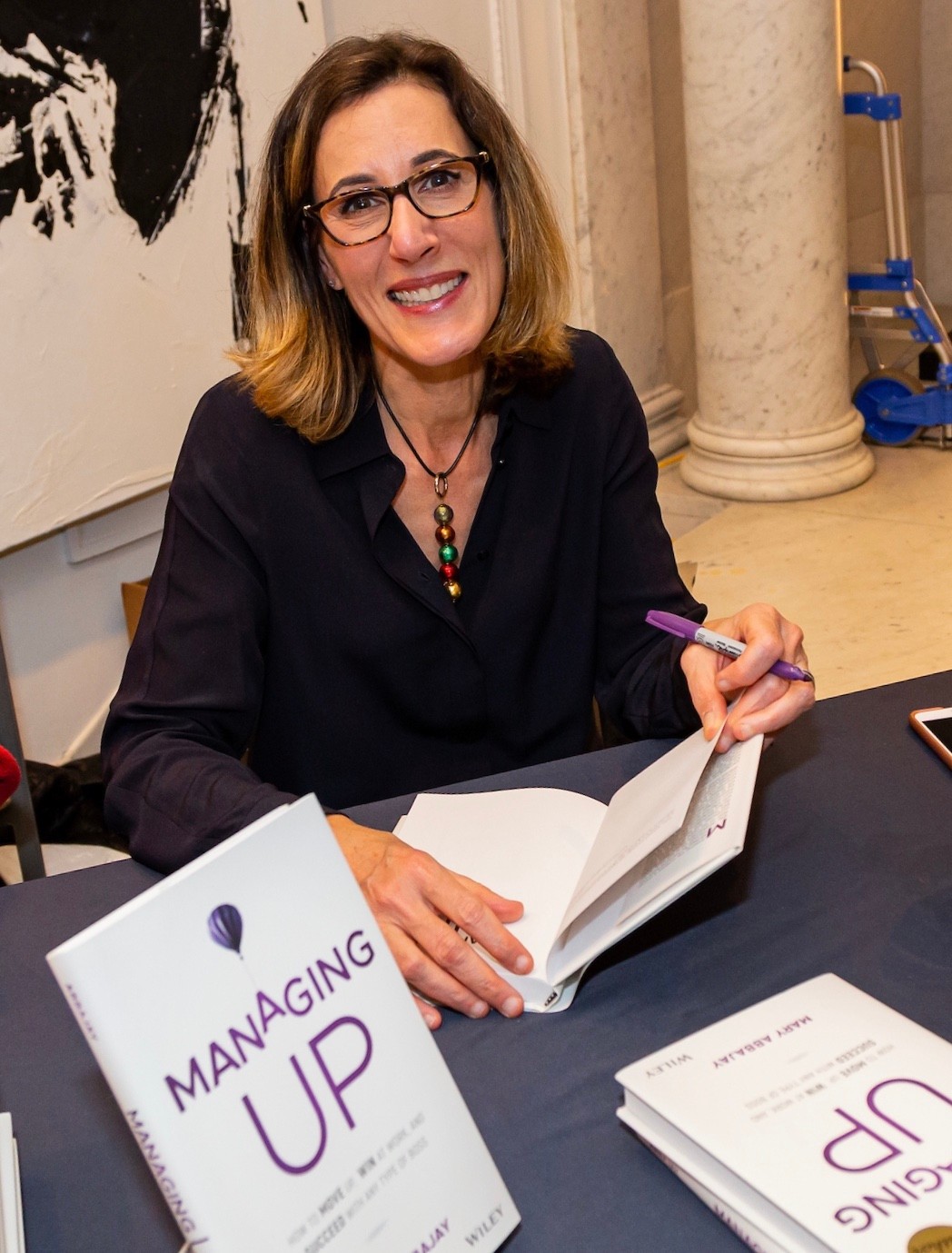
Mary, before we move on to more of these sorts of questions, can you take some time to bring our readers up to speed on you and what you do?
Hello! I am Mary Abbajay, a speaker, author, podcast host, and management consultant. I’m passionate about helping people create and maintain productive and positive workplaces. My team and I at the Careerstone Group are passionate about helping leaders create dynamic workplaces where both the individual and the organization can flourish. Most of us spend a great chunk of our waking hours at work—and I am on a mission to help people make those hours as worthwhile as possible. Work should be a place we where get to use our hearts, minds, and talents. Work should be a place where we are valued and seen as valuable. And let’s be honest—our experiences at work impact our well-being and happiness.
My biggest passion right now is helping people develop positive and productive relationships with their bosses—which I call “managing up.” I authored the book, “Managing Up: How to Move Up, Win at Work, and Succeed with any Type of Boss” to empower people to take control of their careers by taking control of their most important workplace relationships—the one with their boss. Managing Up is about consciously developing effective relationships with our bosses to achieve the best possible results for us, our boss, and our organization.
Cultivating a positive and productive relationship with our boss is critical to our success. Whether we like it or not, bosses have a great deal of influence over our career success and trajectory. Our relationship with our manager, and their experience with and of us, will influence what kinds of opportunities come our way. When we earn our boss’s trust, good things come our way; if we incur our boss’s ire, we may find ourselves losing out on promotions and opportunities. Long story short, while all workplace relationships are important–our relationship with our boss can hurt us or help us the most.
All too often we get stuck in the “my boss should” or “my boss needs to” mindset. We judge and resist how our boss operates–instead of trying to understand and adapt. This is a self-made trap. Relationships take two people. Developing an effective relationship with our boss is as much our responsibility as theirs. A bad or difficult boss is not an excuse for a lack of effort on our part. It is our career that will suffer if we don’t put ourselves in the driver’s seat. Taking an active approach to cultivate and manage this relationship is what it means to “manage up.”
Difficult bosses and challenging co-workers are—and always will be—an unfortunate fact of working life. Stewing about these people only damages our morale; and simply wishing for a better workplace is just wishful thinking. Better workplaces happen when we make them happen. Better relationships happen when we make them happen. Sitting back and complaining does us no good. If we want a better workplace experience, then we need to learn to be more effective in our relationships. It’s time for us to learn how to be empowered followers, to take an active role in managing our careers, ourselves, our bosses, and our experience.
Any advice for managing a team?
Let’s be honest, managing a team is hard work. And way too many managers fall short. The key to being a great manager is to understand that your role is—at its core—to create the conditions for your team to succeed. You are there to serve them, not the other way around. High productivity and morale in teams are built when people feel heard, seen, valued, included, appreciated, and successful. It’s about finding the right balance of productivity and positivity.
Employee engagement is at an all-time low—and this is largely because too many managers are only focused on productivity. The proverbial “stick” gets you compliance (minimal engagement) but the carrot gets you commitment (high engagement). One simple way to assess the level of engagement and morale on your team is to simply ask them! In other words, get some feedback. Involve them. This doesn’t have to be a guessing game. Conducting a simple (anonymous) survey is a great start. I also encourage managers to conduct “stay interviews” with their teams. A stay interview is a simple series of questions to help you learn what matters most to your people. Questions like: “What is the most energizing about your work? What is least energizing? Are we fully utilizing your talents? What could I do more of, less of, or differently to make your workplace experience better?”
Once you know what matters to your team, then together you can develop the right strategies to create and maintain high morale. Remember, creating high engagement and morale is a partnership that requires both sets of organizational actors to navigate the needs, wants, and expectations of the other.
In short—stay connected to your team. Learn and appreciate their needs. Communicate with honesty, integrity, and authenticity. Be a human being.

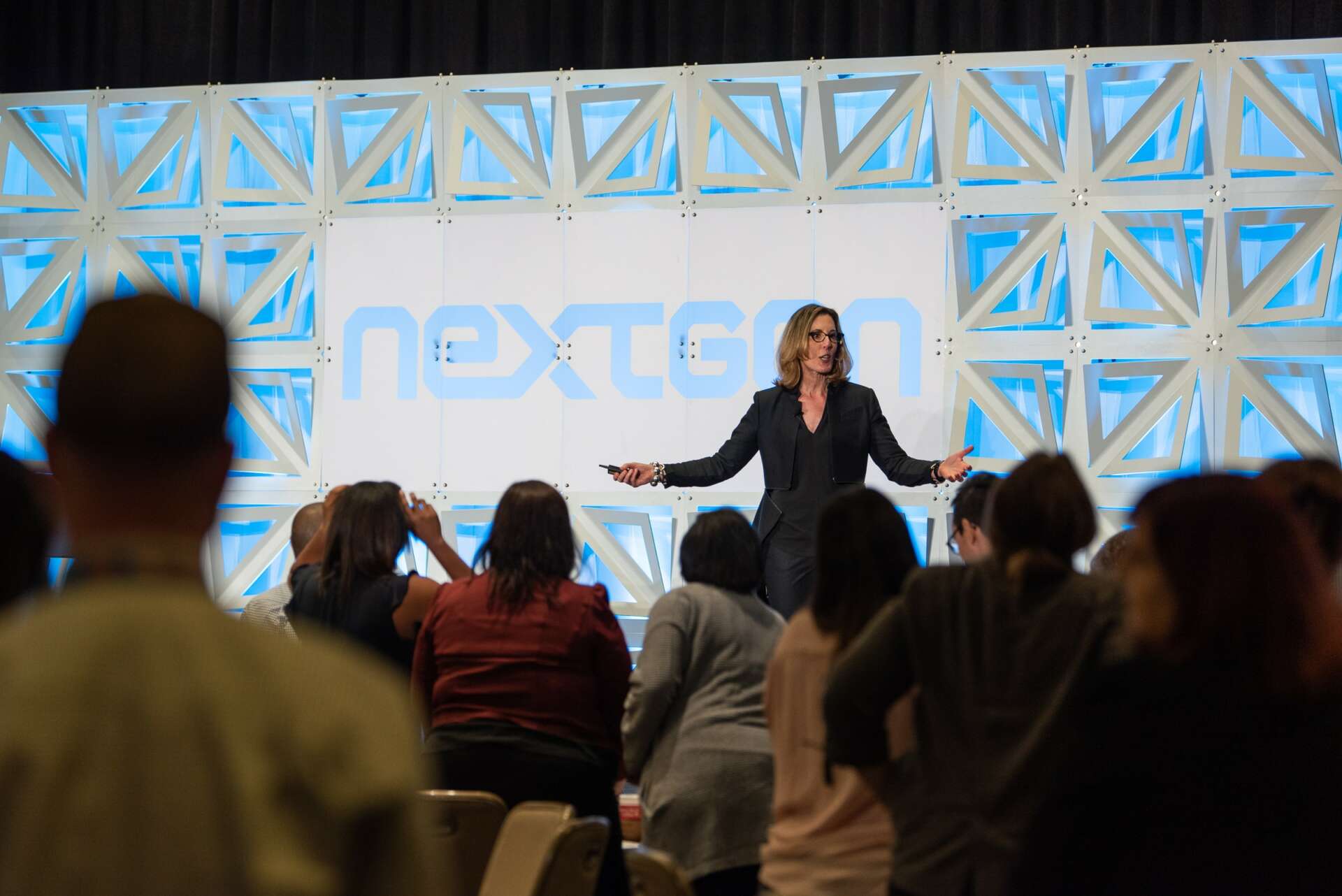
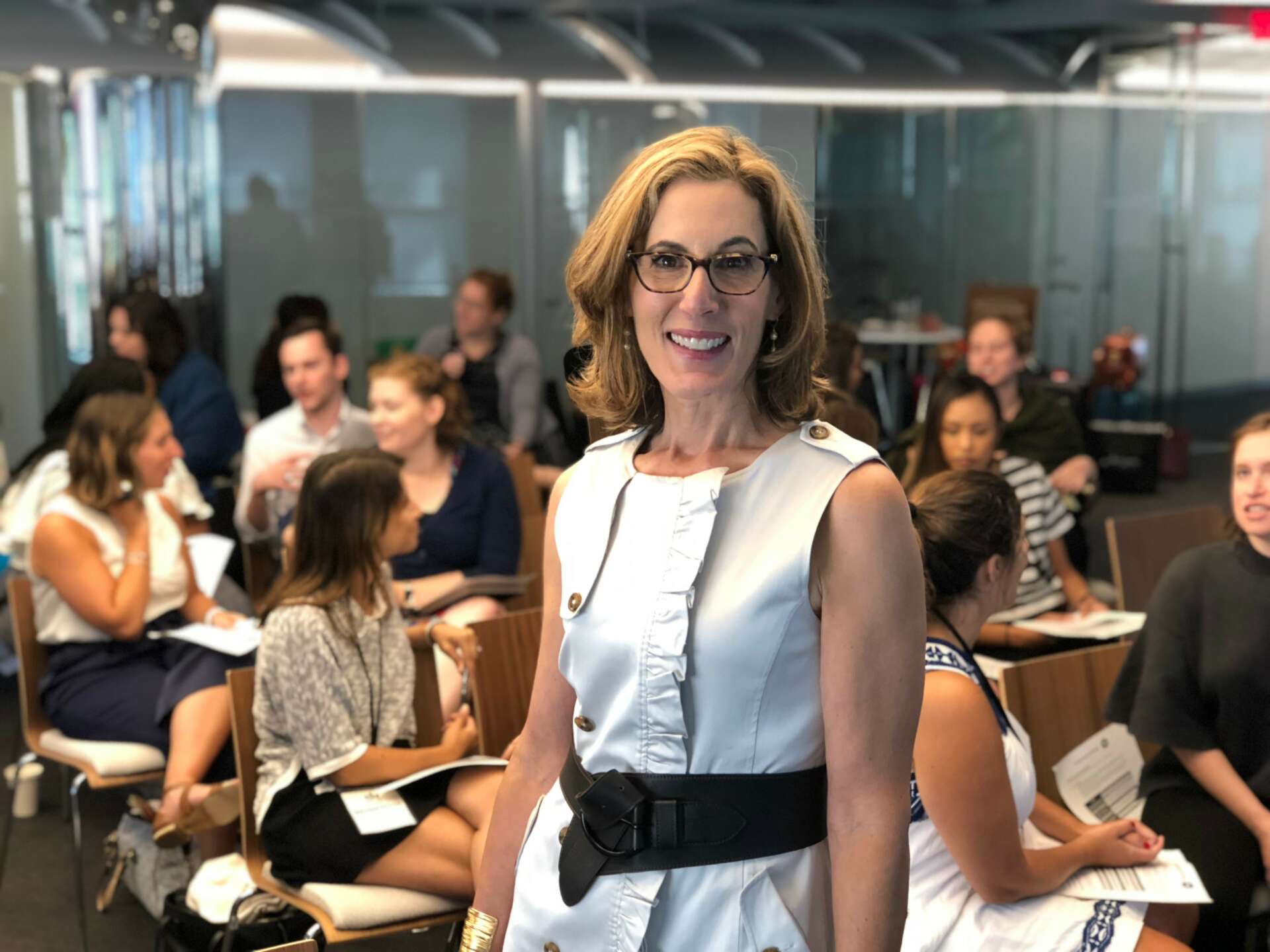
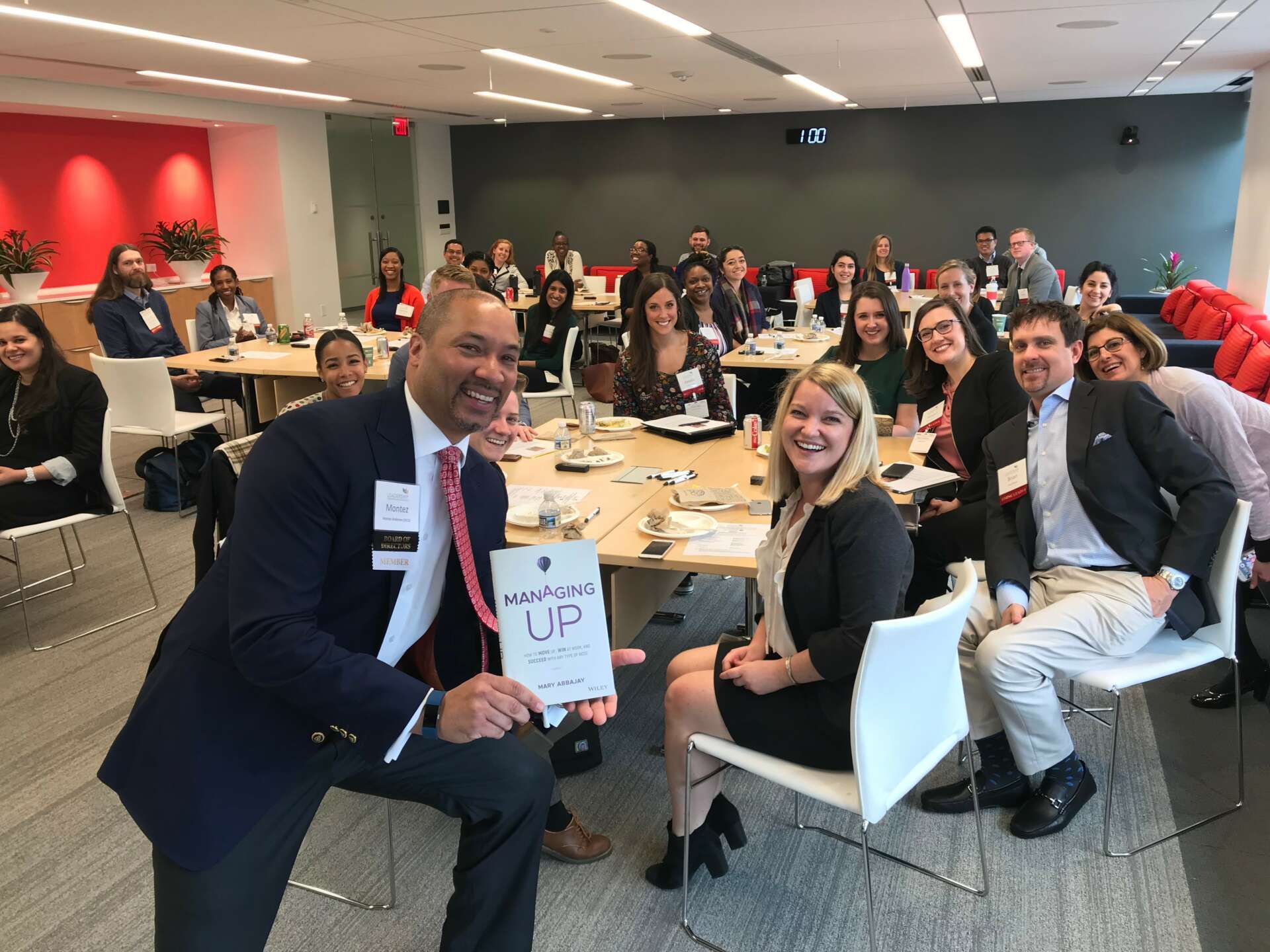
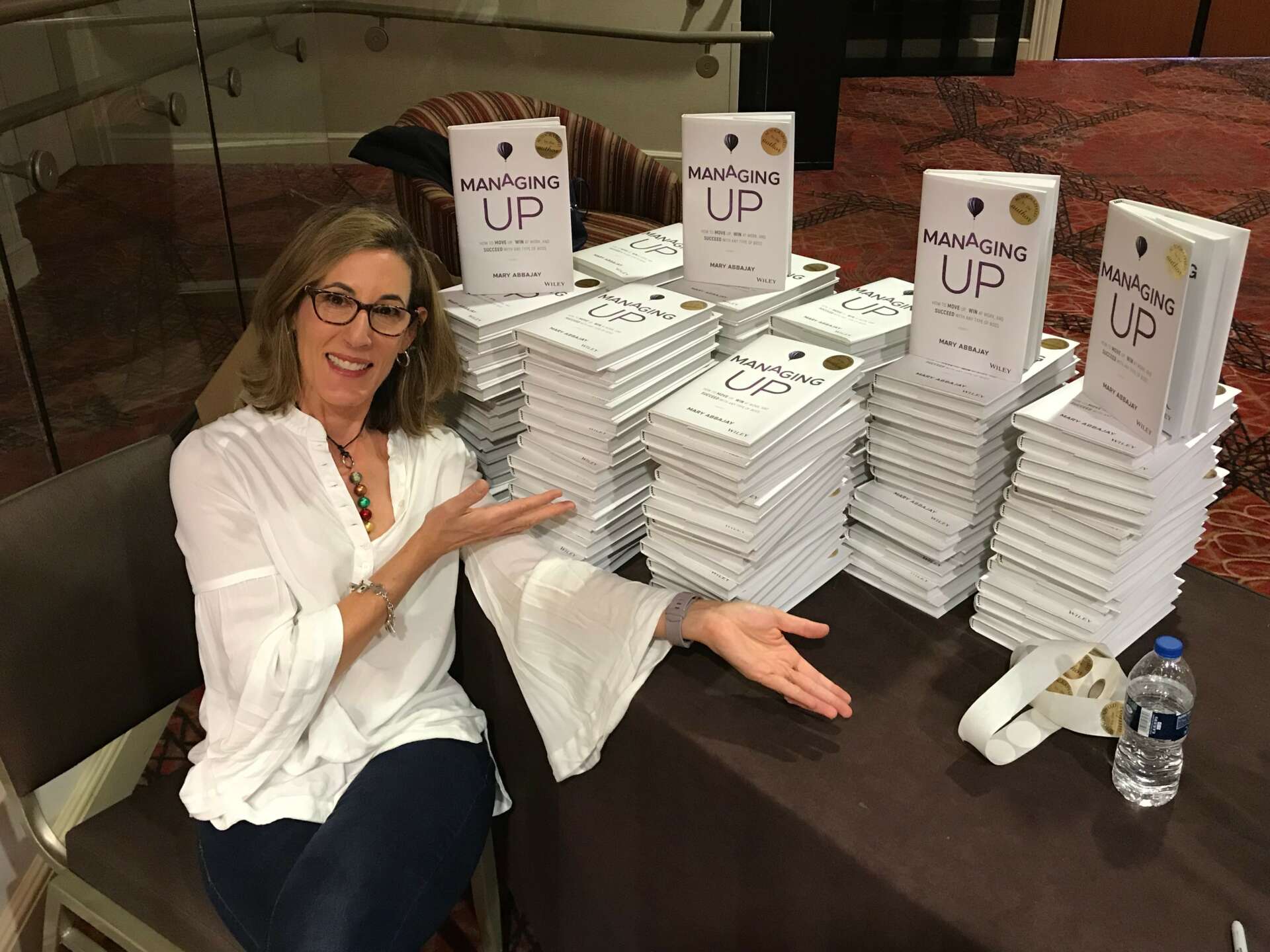
Where do you think you get most of your clients from?
Our best source of new clients is and always has been our current clients. Over 75% of our new clients come as a result of a referral from an existing or former client. We go out of our way to provide every client with customized and individual service. Whether they spend $100 or $100,000 with us, we want all our clients to feel special and valued. There are a lot of organizations that do similar work, so we go out of our way to make sure we provide our clients with exceptional services and a positive experiences.
Contact Info:
- Website: https://www.careerstonegroup.com/
- Instagram: @maryabbajay
- Linkedin: https://www.linkedin.com/in/mary-abbajay-managingup
- Twitter: https://twitter.com/maryabbajay
- Youtube: https://www.youtube.com/user/maryabbajay
- Other: Podcast: https://cubicleconfidential.buzzsprout.com/


